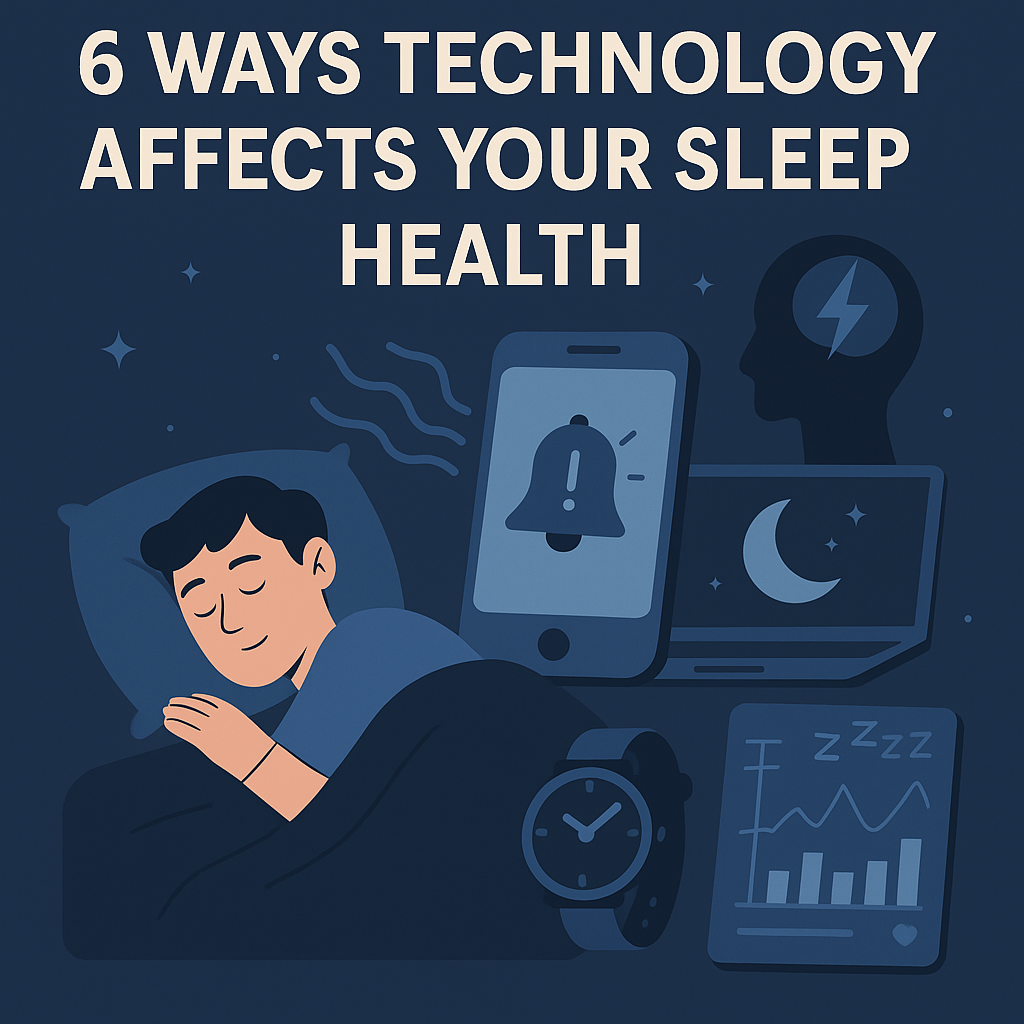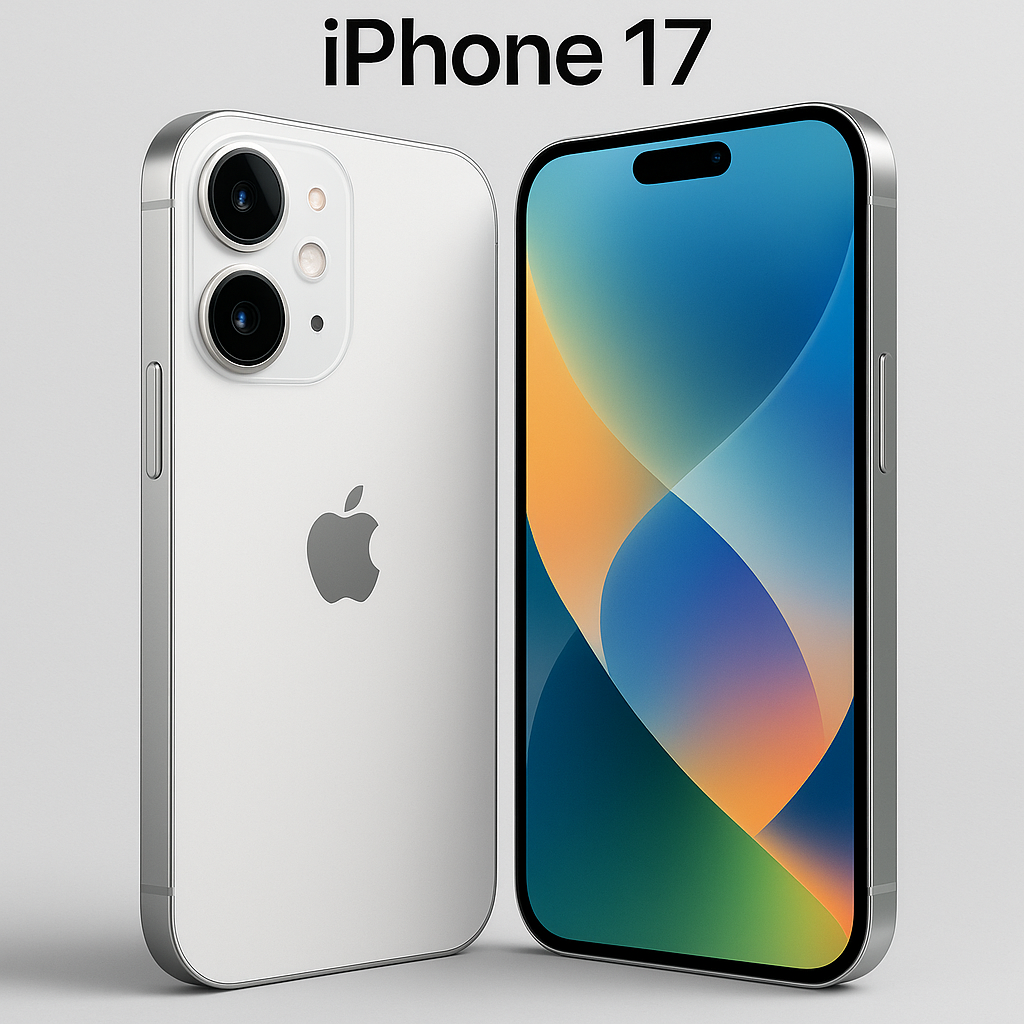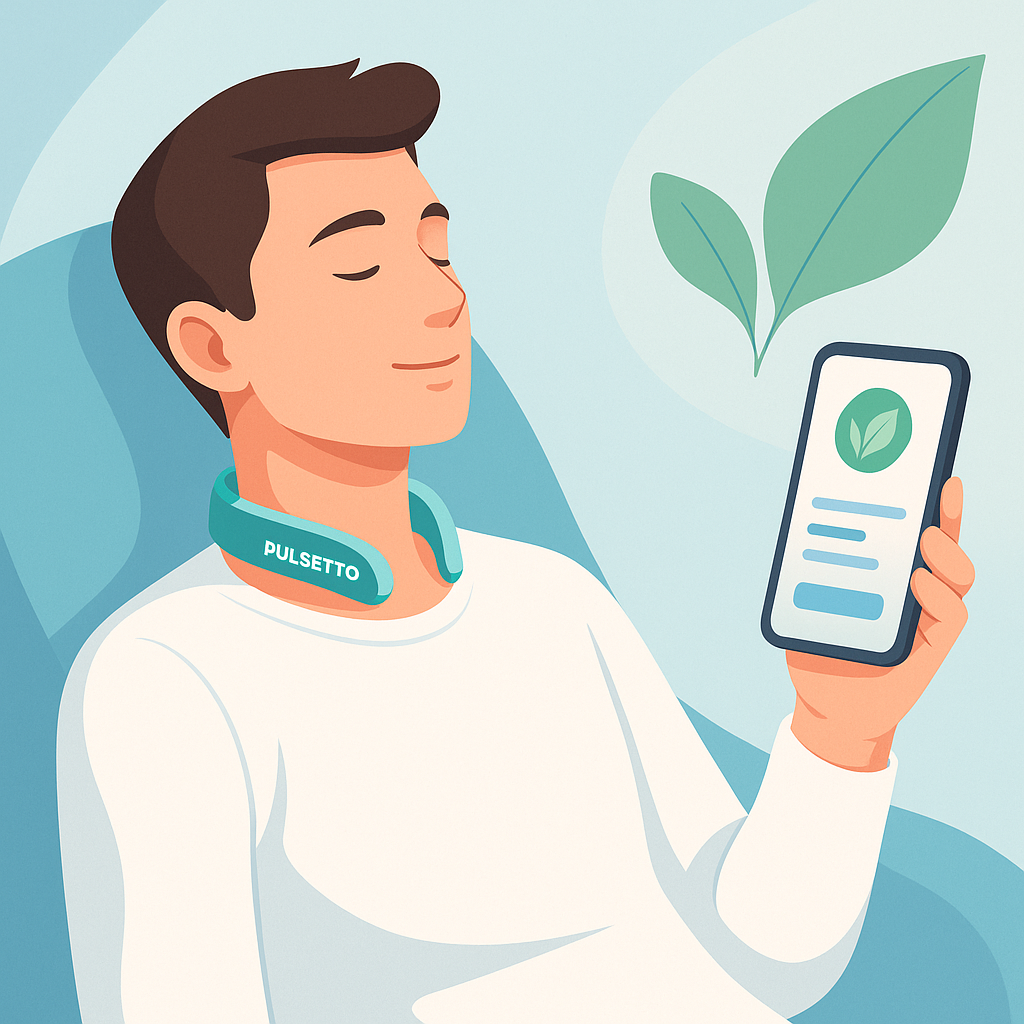Introduction – What This Article Covers
In today’s fast-paced world, technology is deeply intertwined with our everyday lives — from smartphones and laptops to smartwatches and tablets. While these tools enhance productivity and convenience, they also come with a hidden cost: the impact on our sleep health. In this article, we will explore how technology, through the lens of oneframework 6 ways technology affects your sleep health affects your sleep patterns and overall wellness.
We’ll break down six major ways tech interferes with your rest, offer practical advice to regain balance, and highlight tips backed by science. Whether you’re someone who scrolls late into the night or wears a fitness tracker to bed, this guide will help you understand and improve your relationship with technology and sleep.
What is OneFramework and Sleep Health?
OneFramework isn’t just a buzzword — it’s a holistic concept used to analyze how multiple digital inputs affect different dimensions of health. It combines behavior tracking, health analytics, and personalized guidance into one system. In the context of sleep, it means understanding how tech-based habits across your digital life (like screen time, app usage, and notifications) influence your body’s ability to rest and recharge.
Sleep health, on the other hand, is not just about the number of hours you spend asleep. It includes the quality, consistency, depth, and restorative power of your sleep. Healthy sleep strengthens immunity, regulates hormones, supports brain function, and improves emotional well-being.
Combining these two concepts allows us to look at sleep not as an isolated issue, but as one deeply affected by the technological environment we live in.
Why is Technology & Sleep Health Important?
Sleep is a foundational pillar of physical and mental health — yet more people are struggling with it than ever before. One major reason? Our growing dependence on technology.
According to the CDC, more than 1 in 3 adults in the U.S. don’t get enough sleep on a regular basis. Experts increasingly point to nighttime tech use as a leading cause. When tech interferes with your circadian rhythm, brain relaxation, or hormonal balance, your health takes a hit.
Understanding how digital tools interfere with sleep is crucial for preventing chronic fatigue, anxiety, memory problems, and even long-term conditions like obesity and heart disease.
That’s why the OneFramework approach — analyzing different tech behaviors and their health effects together — can help address the full picture.
Benefits of Understanding Tech’s Impact on Sleep
Awareness is the first step toward meaningful change. By recognizing how technology influences your sleep, you can:
- ✅ Improve sleep duration and quality
- ✅ Reduce dependency on sleep aids
- ✅ Strengthen your immune and nervous system
- ✅ Enhance mental clarity and productivity
- ✅ Lower the risk of anxiety and depression
- ✅ Improve overall life satisfaction and mood
Most importantly, you learn to take control of your environment rather than letting it control you.
How Technology Affects Your Sleep – Step-by-Step Guide
Here are six evidence-based ways technology disrupts your sleep health, analyzed through the OneFramework lens.
Step 1: Blue Light Exposure Disrupts Melatonin
Screens emit blue light, which suppresses melatonin — the hormone that regulates your sleep-wake cycle.
Whether you’re watching Netflix, scrolling through TikTok, or answering emails late at night, this light tricks your brain into thinking it’s still daytime. As a result, it becomes harder to fall asleep, and the sleep you do get is often lighter and more fragmented.
Tip: Use blue light filters or enable “Night Shift” mode on devices after sunset. Better yet, avoid screens 60–90 minutes before bedtime.
Step 2: Overstimulation from Social Media & Content
Endless feeds of news, videos, memes, and messages create mental hyperactivity. This keeps your brain in a stimulated state — even when you’re physically tired.
Instead of winding down, your mind races with notifications, emotional triggers, or information overload. This can delay the onset of deep sleep and reduce REM cycles, which are crucial for mental recovery.
Tip: Set app usage limits or activate “Do Not Disturb” during wind-down hours.
Step 3: Notifications & Sleep Interruptions
Even while asleep, pinging alerts or buzzing notifications can partially wake your brain. This disrupts your sleep cycle, even if you don’t fully wake up or remember it.
These micro-awakenings reduce the time you spend in restorative stages of sleep, leading to grogginess and fatigue the next day.
Tip: Place your phone in another room or activate Airplane mode at night. Use a traditional alarm clock instead of your phone.
Step 4: Sedentary Lifestyle Due to Excessive Screen Time
More screen time often means less physical activity, especially before bed. A lack of movement reduces natural tiredness, making it harder to feel sleepy.
Additionally, staying seated too long disrupts your circadian rhythm and reduces the physical demand that cues your body for rest.
Tip: Incorporate light exercise or stretching into your evening routine to promote better sleep.
Step 5: Tech-Induced Anxiety & Sleep Disorders
Constant exposure to emails, bad news, and social comparison on platforms like Instagram or LinkedIn creates performance anxiety, doomscrolling, or FOMO — all of which can lead to insomnia.
Over time, this anxiety trains your brain to associate bedtime with stress rather than relaxation.
Tip: Avoid emotionally triggering content before sleep. Engage in calming activities like reading or journaling instead.
Step 6: Dependency on Sleep Tracking Apps
Ironically, the use of sleep tracking apps can lead to something called orthosomnia — anxiety about getting the “perfect” sleep.
Constantly analyzing your sleep score may create stress around sleep itself, making you more alert and less likely to fall asleep naturally.
Tip: Use sleep apps as tools, not judges. Focus more on how you feel than on exact data points.
Common Mistakes to Avoid
Here are some common habits that sabotage sleep in the tech era:
- ❌ Falling asleep with the TV or phone in your hand
- ❌ Checking emails or news in bed
- ❌ Keeping your phone on loud at night
- ❌ Using sleep-tracking apps obsessively
- ❌ Believing you can “catch up” on lost sleep over the weekend
These habits confuse your brain and create inconsistent patterns that affect your body’s ability to relax.
Expert Tips for Better Sleep in the Digital Age
To restore your sleep health while still living in a tech-driven world, consider these expert strategies:
- 🌙 Establish a consistent bedtime routine — and stick to it
- 💡 Dim lights and use warm lighting in the evening
- 📵 Create a tech-free zone in your bedroom
- 🧘 Practice mindfulness or meditation before bed
- 📚 Read a physical book rather than scrolling at night
- 🕙 Set a digital curfew an hour before bed
Experts from the National Sleep Foundation and the Cleveland Clinic support these habits as crucial steps toward reclaiming healthy, natural sleep.
FAQs – Frequently Asked Questions
Q1: Can technology ever help improve sleep?
Yes, when used wisely. White noise machines, smart lighting systems, and guided meditation apps can enhance sleep routines if not overused.
Q2: What’s the ideal amount of screen-free time before bed?
Experts recommend at least 60 minutes of no screens before sleeping for optimal melatonin production.
Q3: Is using an e-reader at night harmful?
It depends. E-readers with e-ink technology (like Kindle Paperwhite) emit little to no blue light and are better than tablets or phones.
Q4: Should I stop using sleep trackers altogether?
Not necessarily. Use them mindfully to spot patterns, but don’t let the data stress you out or define your sleep quality.
Q5: What if I work night shifts and rely on tech?
Use blackout curtains, avoid caffeine before your sleep period, and limit non-essential screen time during your wind-down.
Conclusion – Final Thoughts
Technology is here to stay — but so is the need for deep, restorative sleep. The OneFramework approach allows us to see the full picture of how digital behavior impacts our biological systems. Understanding and addressing the six key ways tech affects your sleep is the first step toward a healthier, more energized life.
By setting boundaries, cultivating mindful habits, and using tech as a tool rather than a master, you can transform your nights — and your days. Better sleep begins with better awareness.






Leave a Reply